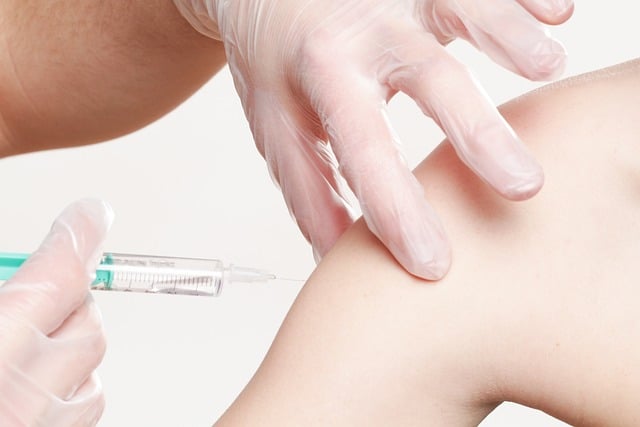Rutgers University scientists have developed a new method to create precise coatings of biologically active materials on medical products. This innovation could lead to the development of transdermal medications, which could replace vaccines that require needles and injections.
Latest tech will allow transdermal administration of vaccines without needles
The technology promises to make it easier to apply medication to the skin using a spray-on method. This new approach could revolutionize the way we vaccines and other medications are administered thus providing a more painless and convenient alternative to traditional injection methods.
Researchers have developed an improved method for electrospray deposition, a specialized spray-coating technique employed in various industries. The Rutgers team enhanced the precision of depositing microscopic particles converted from a liquid under high voltage. The process involves transforming the spray into fine particles that evaporate during travel, leaving a solid residue from the initial liquid.
Study author Jonathan Singer said that electrospray deposition is not an efficient method for targets smaller than the spray, such as microneedle arrays in transdermal patches. However, researchers have developed advanced engineering techniques that can achieve efficiencies that are statistically indistinguishable from 100%.
Coatings help medical devices achieve high efficiency
Coatings play a significant role in the medical industry, particularly in the field of implantable devices like heart stents, defibrillators and pacemakers. These coatings are also gaining importance in innovative products such as skin patches. The use of advanced biological materials, such as drugs and vaccines, can be costly, and any unused portion can impact patient treatment. By achieving high efficiency, these coatings minimize waste, making them ideal for coating vaccines and medical devices.
The study’s first author, Sarah Park, a doctoral student in the Department of Materials Science and Engineering, explains that achieving a 100% efficiency in the deposition process would prevent any waste of materials. This would enable the coating of devices or vaccines without any loss. The researchers believe that further research will enhance the compatibility of different materials and increase the material delivery rate using this highly efficient method.


